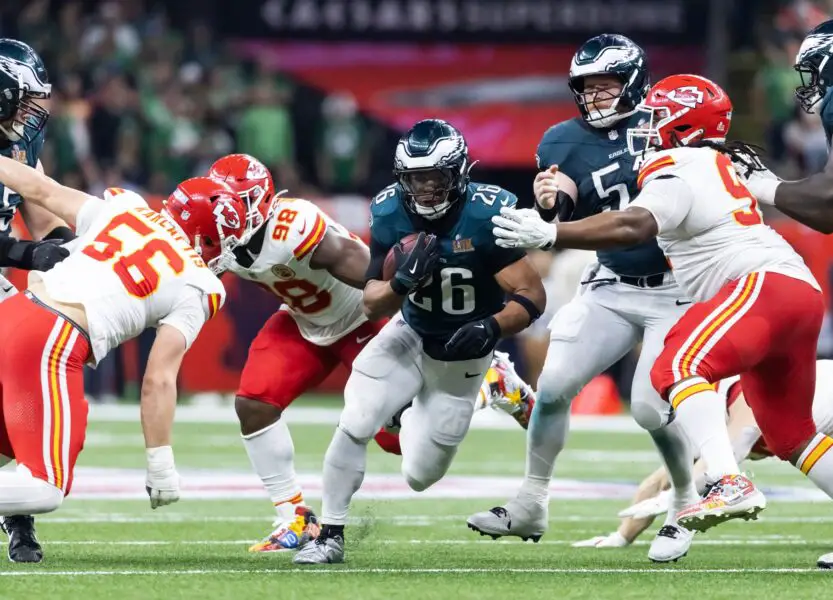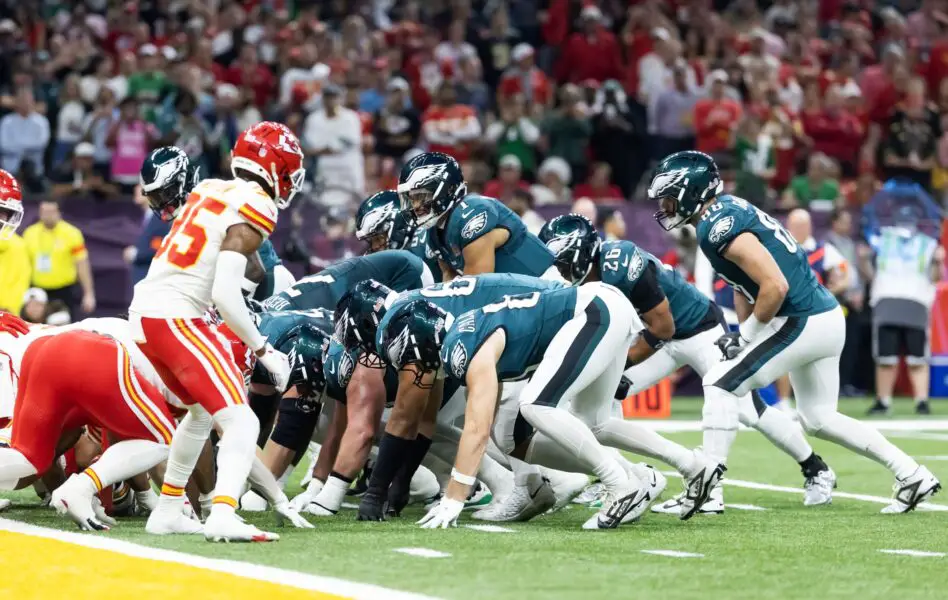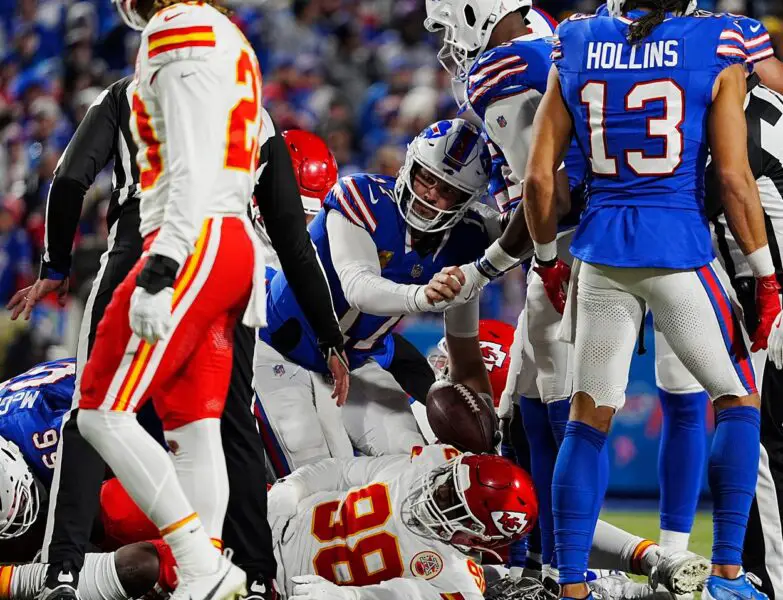In recent years, the tush push has stirred plenty of debate across the NFL. Despite ongoing criticism and calls for its removal, the controversial play will remain part of the game. As reported by Conor Orr for Sports Illustrated, all 32 team owners recently voted on the issue—and ultimately chose to keep it. The Green Bay Packers had previously submitted a formal proposal to outlaw the tactic, but the motion didn’t gain enough support to pass.

The tush push has become a staple in the Philadelphia Eagles’ short-yardage strategy, making them the focal point of the debate. Much of the criticism stems from the belief that the play gives the offense an unfair advantage or increases the risk of injury.
However, despite those concerns, there have been no reported injuries resulting from the play—undermining one of the main arguments for banning it.
Tush Push and the Eagles

The tush push has proven to be remarkably effective, with Philadelphia converting 85.5 percent of their attempts in 2024, according to ESPN. This play played a major role in helping Jalen Hurts match Josh Allen’s league record of 15 rushing touchdowns in 2023.
Its high success rate has fueled a surge in quarterback sneak attempts. According to ESPN, the number of quarterback sneaks in 2023 was three times higher than in 2016. Whether running a tush push variation or an adapted version, teams have clearly taken note of the Eagles’ effectiveness in this area.
The inevitability surrounding the tush push wasn’t accidental. The NFL aimed to scrap the play because it challenged the game’s norms. It was deployed repeatedly, frustrated owners whose defenses couldn’t contain it, and ran counter to the league’s push for more appealing, high-energy content designed to boost fantasy football and gambling interests that now dominate its business model.

For a proposal to pass in the NFL, it needs at least 24 votes from the league’s 32 team owners. In this case, 10 owners voted against the motion to ban the tush push. As a result, the play remains legal and will continue to feature in offensive game plans across the league.
From a practical and positive standpoint for the NFL, the league can now step back from the complicated task of policing play rules. While it’s crucial to ban moves or tactics proven to cause injuries, outlawing something solely because it might cause harm in the future sets a risky and troubling precedent.

